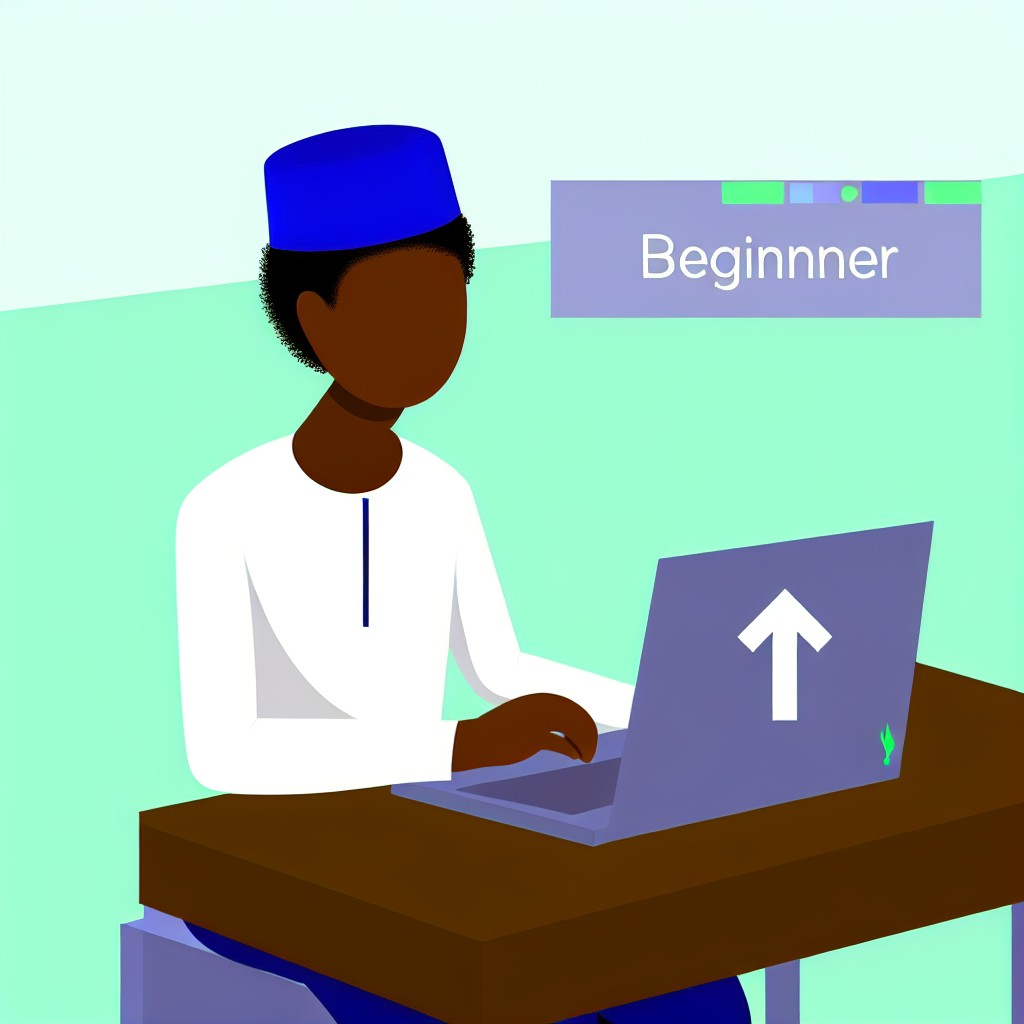Understanding the Importance of Hands-on Experience in Learning to Code
Active Engagement Enhances Retention
Hands-on experience allows beginners to actively engage with coding concepts.
This engagement improves memory retention compared to passive learning.
When learners write actual code, they understand theory more deeply.
Furthermore, applying knowledge immediately solidifies their skills effectively.
Building Confidence Through Practice
Practicing coding by building projects boosts beginner confidence significantly.
It helps overcome common fears of making mistakes or getting stuck.
Also, learners see tangible results from their efforts, encouraging persistence.
Consequently, confidence gained motivates tackling more complex challenges.
Understanding Real-World Problem Solving
Small projects simulate real-world problems for learners to solve systematically.
This practice bridges the gap between theoretical knowledge and practical application.
Moreover, it teaches debugging and logical thinking skills essential for developers.
In addition, learners discover how different coding concepts interconnect within projects.
Accelerated Skill Development
Building small projects accelerates learning by focusing on essential coding techniques.
Frequent, incremental projects encourage continuous improvement and skill refinement.
Additionally, learners experience immediate feedback on their code logic and structure.
Unlock Your Unique Tech Path
Get expert tech consulting tailored just for you. Receive personalized advice and solutions within 1-3 business days.
Get StartedThus, hands-on practice leads to faster mastery of programming fundamentals.
Encouraging Creativity and Exploration
Creating projects invites beginners to experiment and explore coding possibilities freely.
This freedom nurtures creative problem solving and innovative thinking.
Try different approaches and see what works best in specific scenarios.
Therefore, learners develop unique solutions while gaining valuable experience.
Recommendations for Effective Hands-on Learning
Start with manageable projects that focus on core programming concepts.
Set clear goals to maintain purpose and direction in each project.
Use resources like tutorials and community forums to support learning.
Regularly reflect on challenges faced and solutions discovered during coding.





